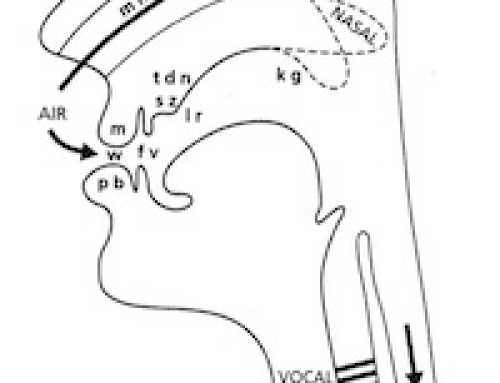Who knows the title track, “Ring, Ring” to Abba’s first album, released in 1973?
“SOOOOOHHHHHH RING! RING! WHY DON”T YOU GIVE ME A CALL?”
The Wind Phone
I saw a story on TV last week about a new installation near the summit of Two Rock in the Dublin Mountains, which really got me thinking about these lyrics. It looks like a traditional telephone box and has been made from salvaged materials. It contains an old telephone. According to a note inside the structure, the ‘Wind Phone’, An Fón Gaoithe, is designed “to be a private space…it is a place where you can speak privately and openly and your words will be carried on the wind to wherever you want them to go”.
This installation, coupled with Abba’s debut song (!) made me reflect on the power of communication using the telephone alone. I considered how fast-paced communication has become, but more pertinent to my work as a speech pathologist, how very difficult communication by phone is for so many of my clients.
So to answer Benny Andersson and Bjorn Ulvaeus’ question, “Why don’t you give me a call?”, sometimes it’s just too hard…
Imagine if picking up your mobile to speak with someone felt like an impossible task – for work purposes, to make an appointment or just to phone a friend. In the past week, I answered at least a dozen phone calls from relatives, friends, partners or carers of clients (instead of the client themselves) because using the phone (quite apart from FaceTime or Skype) is immensely difficult for so many of them.
Phone difficulties may be experienced by clients who:
- Stutter – many clients report being fearful of making calls and avoid answering the telephone in case they stutter.
- Have had a stroke – they may have a resulting expressive and receptive language problem and are unable to initiate a conversation, or understand what the person on the other end of the phone has said to them.
- Have a traumatic brain injury (e.g. following a car accident) – they may have real attention difficulties and find not seeing the person with whom they are communicating too distracting. Alternatively, they may have difficulty understanding longer sentences used by someone on the phone or have word-finding difficulties, making conversational topic clarity difficult for the listener.
- Have an intellectual disability – they may be non-verbal and rely on signing, gesture and communication aids to get their message across rather than the spoken word alone.
- Have a progressive neurological difficulty (e.g. Parkinson’s Disease) – they may find their voice is too soft or slurred to be heard clearly by the listener.
- Have an accent which others find difficult to understand.
Often phone work becomes a key goal in speech and language therapy.
Click here to read the full story on the Wind Phone








